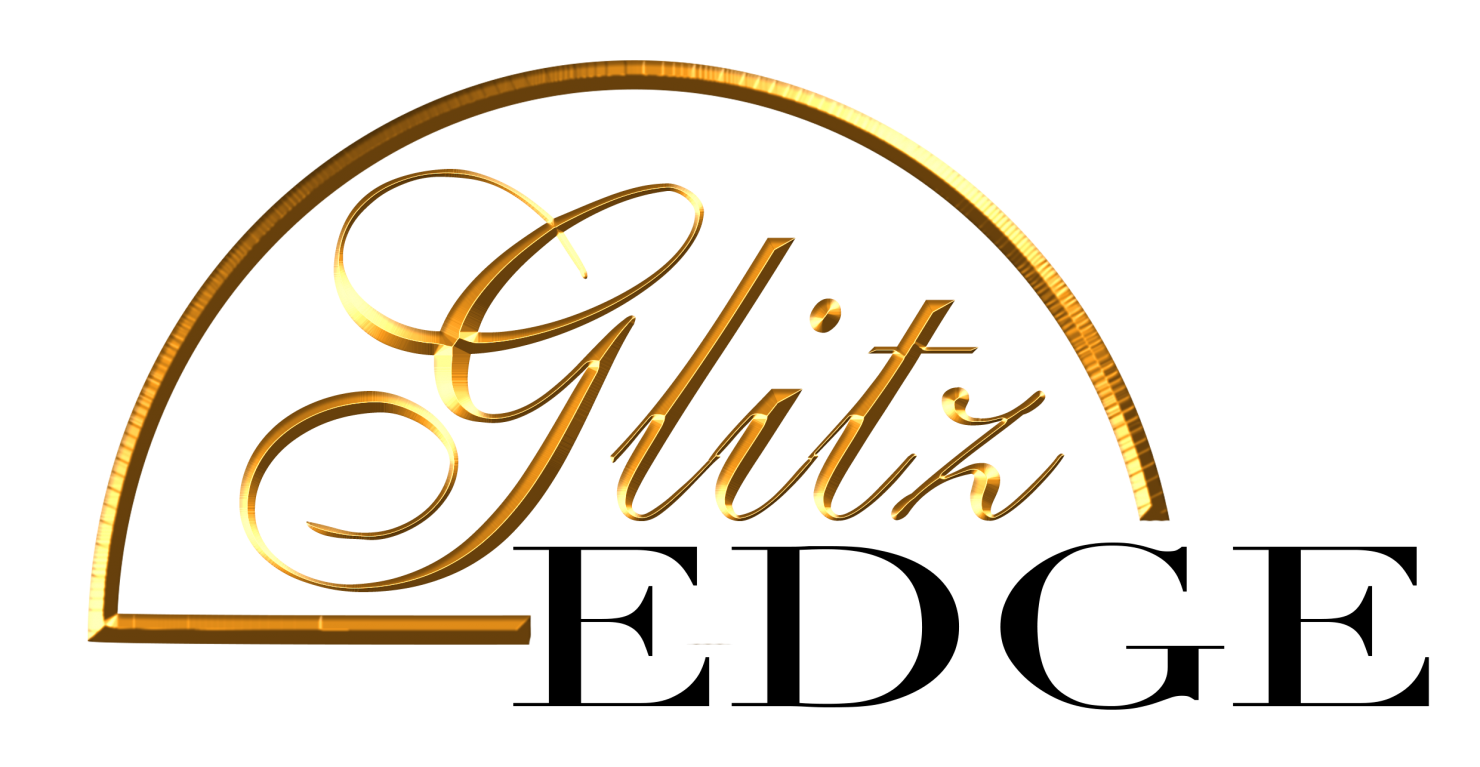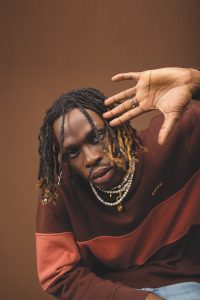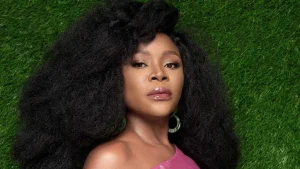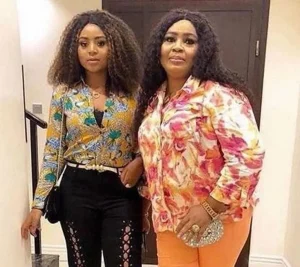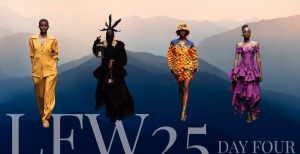Mary Dinah: Eyes On Eradicating Hunger

Mary Dinah is one young nonprofit leader who stands out from the pack for her innovative approach to tackling one of the major issues facing society. She is the founder of Mary Dinah Foundation, an international NGO, founded with a view to eliminating hunger and illiteracy in society, set up as a voluntary contribution to actualizing the ‘Zero Hunger’ of the United Nations Sustainable Development Goal.
For years Mary has put herself in a vulnerable position to make a change, providing meals and other social services for underprivileged families including internally displaced persons (IDPs) living in conflict zones in the Northern part of the country.
Ms Dinah holds a BSc in Computer Science from the University of Nottingham, and an MSc in International Hotel Management from the University of Surrey. She later acquired a Post Graduate Degree in Global Business from the University of Oxford (Distinction) and a post-graduate certificate in entrepreneurship from Harvard University
She is currently studying for a doctorate in Business Administration, with a focus on charity management in Southern France.
A United Nations Fellow, she has acquired a post-graduate degree from the United Nations Institute of Training and Research (UNITAR) in Geneva, Switzerland.
The ex-beauty queen, who was crowned Miss Nigeria Great Britain Queen in 2019, shares her motivation for charity, life’s journey, inspiration and more.
You are well-read with five degrees in five different disciplines; what sparked your interest in learning?
I think my father definitely inspired that. My dad also has about four or five degrees and it is also in different disciplines. Initially, he was a teacher who, later studied accounting and business management. Then he rose to be the director of finance, which is the number two person in one of the largest oil and gas companies in the world. Even in his 60s, he was doing a Master’s in Law at a foreign university. He has written many books. He tells us “if I could do a Master at 65, you are young; so, you should explore, learn and grow.” He has always been that person that funds it for me. In academia, he has been supportive. I can always say ‘daddy I want to study this,’ knowing that he will definitely support it financially. Also, I’m sort of very academic, I like to learn and I feel like there should be no end to learning.
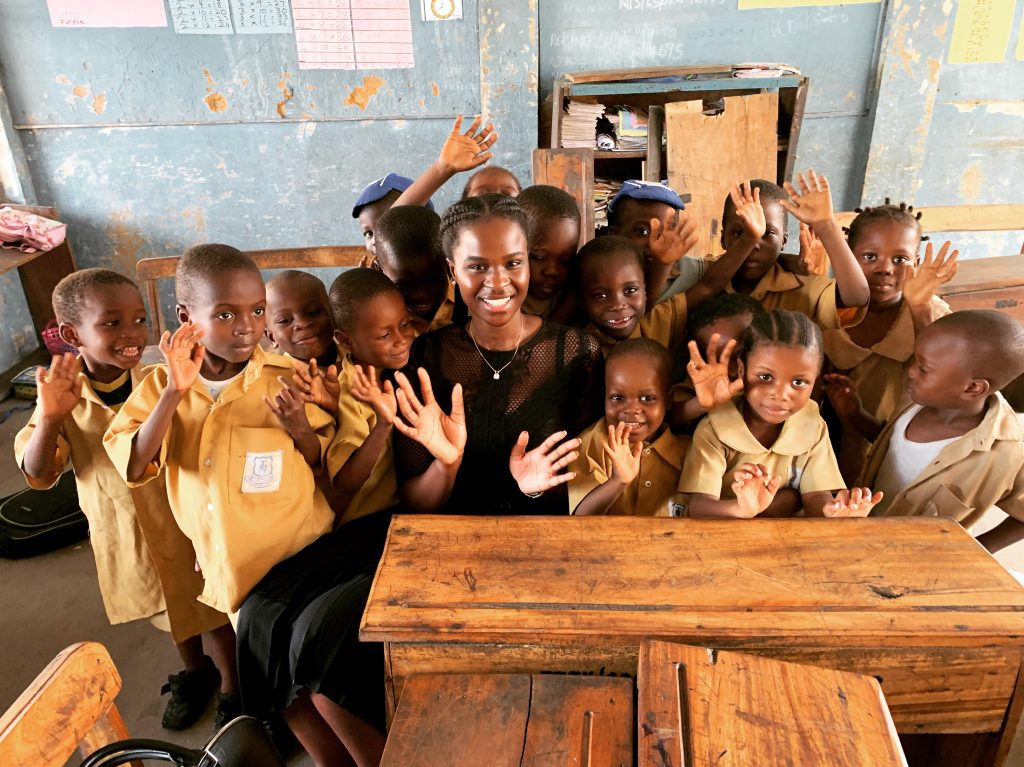
When did the Mary Dinah Foundation begin and what was your first stint at humanitarian work?
The Mary Dinah foundation started in 2006 with the school feeding project. Before then, we were doing a job link in London, helping women and girls who were homeless and on drugs in East London. We were not registered at the time but it was something that had started. For our first charity project, we worked with another charity called ‘Door of Hope’, and other registered charities in the UK. It was just me and one or two other people. So, that was my first work as a humanitarian. We would go out into the street at night in the freezing cold to offer tea or coffee and biscuits to women on the streets. I did that for some years.
One of the major objectives of your Foundation is to provide meals for underprivileged families including internally displaced persons (IDPs) living in conflict zones. What inspired this, and how do you carry out this operation?
We started with feeding girls in all-girls public schools in Lagos. Research shows that girls are the most underprivileged. Many times, especially in our culture, mothers and fathers would ask the girls to stay at home while the boys went to school. They believe that girls can help with the chores and even go hawking for the family. It disadvantages the girl child who is not able to build her economic empowerment. That was how we decided to go into the school feeding programme. We started with Anglican Girls Seminary School and Christ Church School on Broad Street. We did that for a few years and then the pandemic hit. We had to re-strategize when we realised that the Northeast had the greatest humanitarian crisis.
People couldn’t get food into the villages because the roads were bad and the networks were affected by terrorist activities that has gone on for about 12 years.
So, we partnered with a few international organizations, and donors and we were able to significantly increase our giving, which was 100,000 meals per year, to no less than 28 million meals over the last three years. At the moment, we are distributing about 16 million meals every year. My personal goal is to get to about a billion meals.
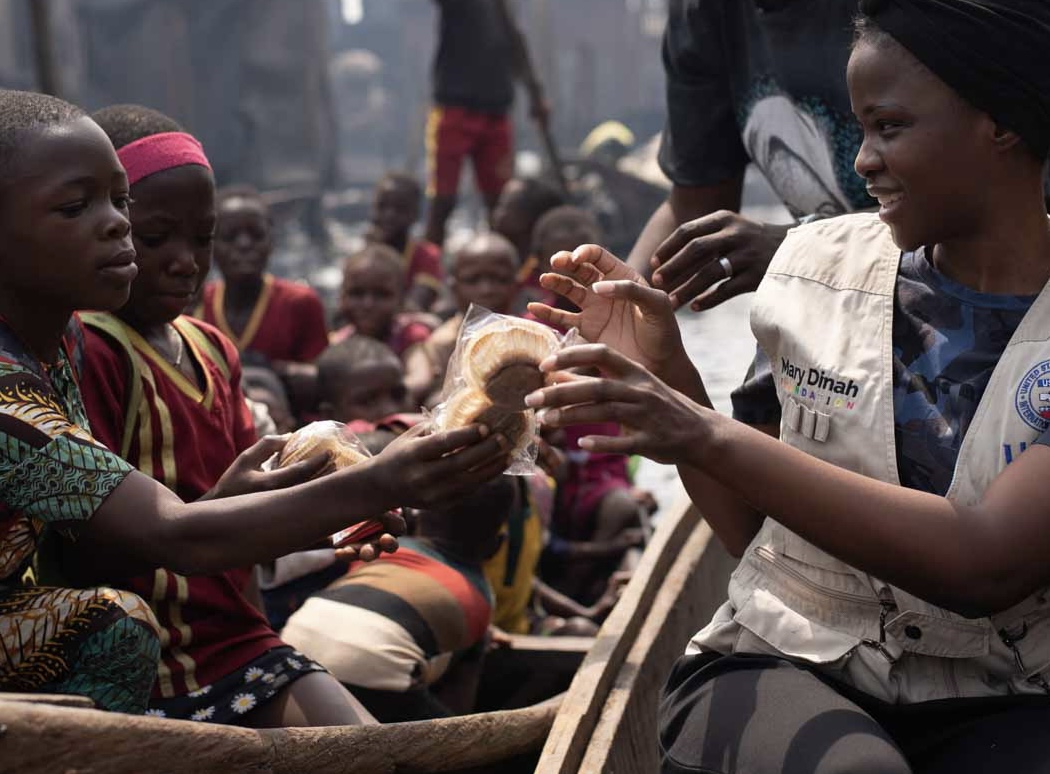
You come face to face with the harsh realities of the vulnerable in course of your work. How do you deal with the harsh reality of hunger and poverty?
Joe Biden said, “if a mother cannot feed her child, nothing else matters.” I agree entirely with that statement as I am confronted with it on a daily basis; but it is important not to be overwhelmed with the situation but to ask ourselves in earnest: how can I make a difference? Mother Teresa once said ‘if you can’t feed a hundred people, then feed just one.’ The idea is to make every day count towards helping others, supporting others and alleviating the poverty and hunger situation of people both close and far. In so doing, it is critical not to harbour any bias such as ethnic, religious, gender or age biases. People are people and we must love and care for one another as though the other person was our brother, sister or childhood friend. If we all give our widow’s mite in this regard, we will undoubtedly, see change on a grand scale.
What have been the greatest challenges you have encountered and are perhaps still encountering while running the Mary Dinah Foundation?
There have been many challenges; both external and internal. I recall when it was time for us to go into the Northeast; it was a very difficult decision to make. I am from the south, and I grew up in the south. The farthest area I had been in the north was to Abuja. So, even though I wanted to help the girl-child, the women and the vulnerable people, but the violence and insecurity had me a bit afraid. It seemed overwhelming, as it was one of the hardest things I had ever ventured into. I had to talk to myself and encourage myself. It’s been about three to four years since we started in that region and it’s been absolutely successful.
What are the creative and innovative things that you have done in the last three years?
One of the things we did that was quite different is, we started a ‘men’s group’ in the villages because we realised that women cannot be empowered without the support of their husbands, especially within certain cultures. We started advocating that men, to allow girls to attend school and women to go to work as well as, allow them to go to the hospital. This is because, at the time, some men would insist they don’t want their wives to be treated by male doctors and we know most hospitals there had more male doctors than female.
So, we started a lot of male advocacy which was very different and unique in that environment.
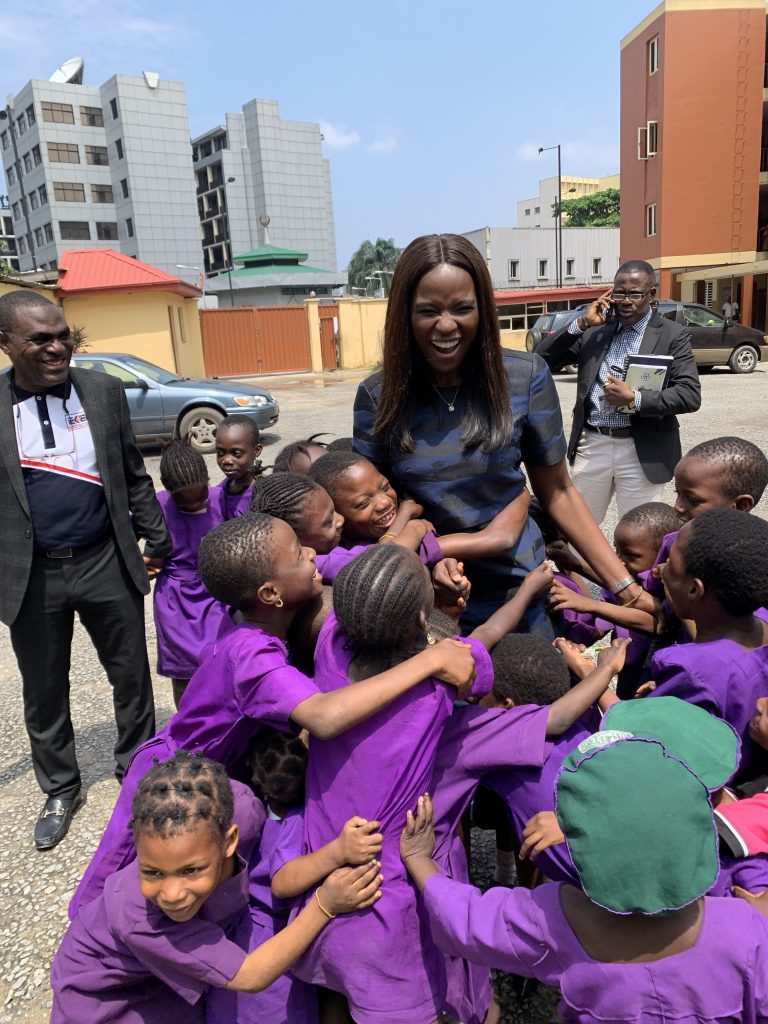
Who is your biggest role model?
One of them is Mr Adelaja. He was the President of the Presidential Initiative for the Northeast under former President Goodluck Jonathan, and I had the privilege of meeting him.
A lot of the structures we met in place in the Northeast, which we followed for coordination and collaboration, were set up by him. He was one of the first people to go into that region when the crisis started about 10 years ago, under the instruction of President Goodluck Jonathan. He also made a lot of progress in terms of the way things should be done in that region. He did a lot of groundwork and so, he is definitely a mentor in impact, courage and implementation.
Another mentor is Angelina Jolie. She does a lot of United Nations advocacy work, especially in terms of refugees. I am particularly inspired by her because of my background as a model and beauty queen. I am a former Miss Nigeria Great Britain and I’ve been modelling in London since I was in college. So, to be in such a glamorous world but exchange designer dresses for a humanitarian jacket, I think it takes a lot of passion. It’s people like her that make it possible to dream about making this level of impact.
What do you do to keep fit and stay healthy?
I like to eat healthily but I am also very sporting. I play tennis and I swim. I play squash, I go horse riding and I am very well passionate about many other sports.
When I feel a little bit stressed, I get into my trainers and workwear and I go play a different sport.
I also have a fitness trainer that I work with.
What lessons would you say life has taught you over the years?
Keep going. Like a mentor of mine always says the best is always ahead, it’s never in the past. Whatever you are dealing with now, whether good or bad, tomorrow is going to be even better. If you are struggling today or having the time of your life, tomorrow is going to be even better.
Also, I’ve learnt that focus takes one very far.
How do you balance your work and private life?
I definitely like to relax. I find that a lot of inspiration and the new ideas I have gotten for growth and expansion are from moments when I was by myself relaxing. It’s not at the office or workplace. I love to travel, I like to go to Islands like Mauritius, Seychelles, Greece, and Monaco. Sometimes, I go with friends and sometimes I go alone. When I just lay on the beach with a cocktail, I sit there for hours. I love to do some water sports like kayaking and canoeing. There, I get an opportunity to think about my next move and so I try to make a lot of time to step away and relax.
What’s your lifelong goal for Mary Dinah?
We want to reach more people. We want to enter more remote villages. I intend to go to more places where they need the help the most and continue to inspire people to do the same.
I also want to motivate people to start more charities in any area, especially where they feel there is an injustice in the world.
